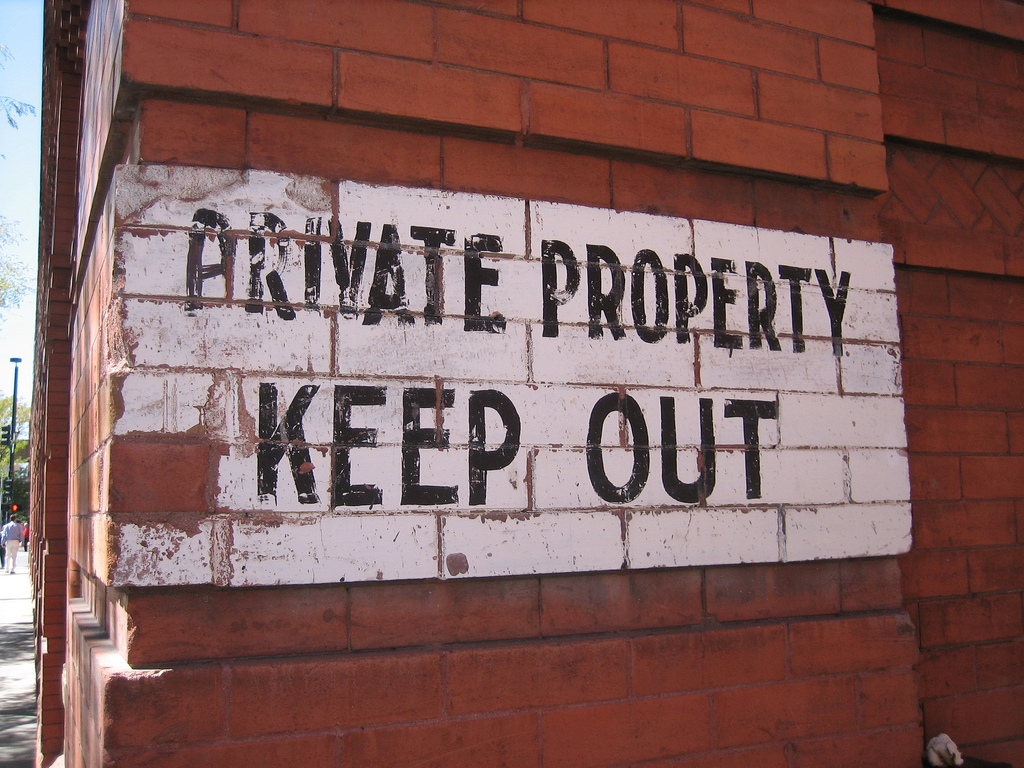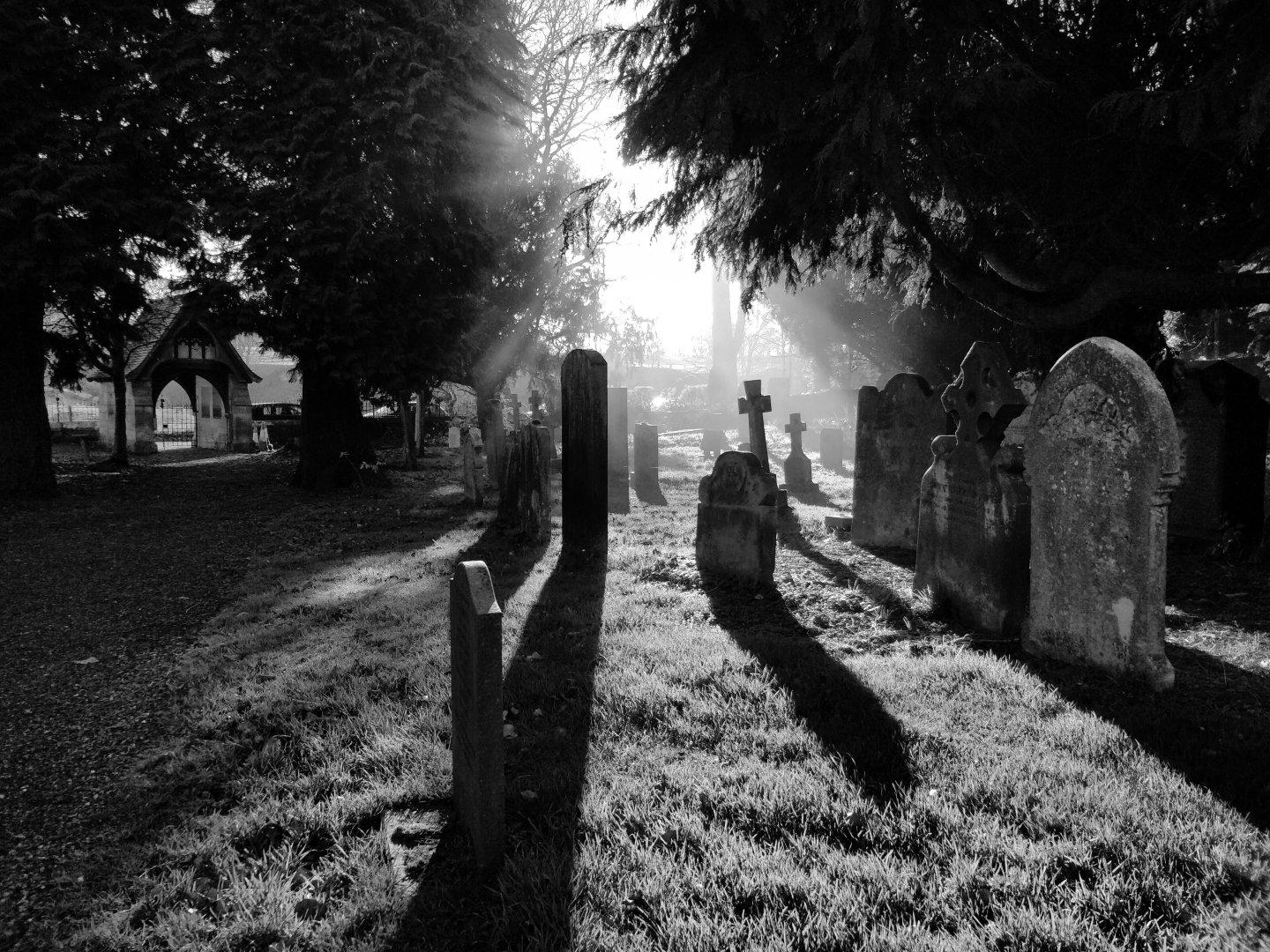This post started as a draft for Thought Shrapnel, but it turns out I had more to say than I first thought…
In 2008, Manchester City, a mid-table English Premier League football club, was acquired by an oil-rich consortium from the Middle East. A decade later, after levels of investment that contributed to FIFA’s introduction of financial fair play regulations, Manchester City won the Premier League with a record 100-point haul.
When it comes to sports, we talk about what’s ‘fair’ and ‘unfair’ all of the time, exclaiming “that’s offside!” or “it was never a penalty!”. Recent technological advances such as VAR aim to reduce perceived ‘unfairness’ in football, which is particularly important now that there’s a lot more money at stake. After all, we want the playing field to be level both literally and metaphorically-speaking.
This weekend, Samir Nasri, one of Manchester City’s former players, made his return to the Premier League with West Ham United. Nasri had spent a total of 18 months banned from football for contravening WADA regulations. The crime? Tweeting a selfie of his time spent in a Los Angeles clinic receiving a drip containing 500ml of nutrient-infused water.
Were the actions of the new owners of Manchester City ‘fair’? Were Samir Nasri’s? Whatever your thoughts, both examples show that, when it comes to sport, we take our games pretty seriously. We have regulations to ensure things don’t get out of control.
—
So let’s talk about private schools.
“My objection to private education is simply put. It is not fair… Those who provide it know it. Those who pay for it know it. Those who have to sacrifice in order to purchase it know it. And those who receive it know it, or should.” (Alan Bennett)
This weekend, The Observer published an article entitled Britain’s private school problem: it’s time to talk by David Kynaston and Francis Green. They have a new book out on the subject, which aims to rekindle the case that we need to do something about the private school system. I’m in broad agreement with their suggestions.
One way of looking at life is that, once you’ve taken care of the essentials, everything boils down to games and stories. There are games that we choose whether or not we want to play, and there are stories that we tell ourselves and others. Private education is a demonstration of both in action, as I hope these reflections on the article will show.
—
I suppose that I need to be a little careful about what I say here, having already compromised one friendship through a previous rant. I hope I’m more measured in this post, and can have a robust debate with my TIDE podcast co-host Dai Barnes, who has first-hand experience of the private school system.
—
First, let’s agree with something obvious that the Kynaston and Green state in their article: we can’t place inequality and unfair outcomes in society solely at the door of private education:
It would be manifestly absurd to pin the blame entirely on the existence over the past few centuries of a flourishing private-school sector. Even so, given that these schools have been and still are places that – when the feelgood verbiage is stripped away – ensure that their already advantaged pupils retain and extend their socio‑economic advantages in later life, common sense places them squarely in the centre of the frame.
However, the truth is that, if you’re from a well-off family, have no moral qualms, and want to do your best to ensure your offspring will be ‘alright’ when they’re older, you’d be mad not to send them to private schools. On a macro level, they may perpetuate inequality, but you’re only making the decision for yourself, and it’s very likely to end up going in your favour.
This kind of worldview sees the world as a giant series of competitions, as trials in which one side must vanquish another. Education is a game and, if you’ve got the resources to tip the scales in your direction, then why not? It’s not really any different to Manchester City’s new owners buying their way to Premier League success. If it’s people’s own money, and they’ve earned it legitimately, then why should we tell them how to spend it?
The answer, of course, that access to good schools, hospitals, and legal representation is not like buying material goods:
Education is different. Its effects are deep, long-term and run from one generation to the next. Those with enough money are free to purchase and enjoy expensive holidays, cars, houses and meals. But education is not just another material asset: it is fundamental to creating who we are.
Whether or not it’s intended, whether it’s in football or education, massive inequality results. Even fellow Premier League clubs can’t hope to compete with Manchester City, even after FIFA’s regulations. When it comes to English education, society hasn’t even got those basic kind of regulations:
The underlying reality of our private-school problem is stark. Through a highly resourced combination of social exclusiveness and academic excellence, the private-school system has in our lifetimes powered an enduring cycle of privilege. It is hard to imagine a notable improvement in our social mobility while private schooling continues to play such an important role. Allowing, as Britain still does, an unfettered expenditure on high-quality education for only a small minority of the population condemns our society in seeming perpetuity to a damaging degree of social segregation and inequality. This hands-off approach to private schools has come to matter ever more, given over the past half-century the vastly increased importance in our society of educational credentials. Perhaps once it might have been conceivable to argue that private education was a symptom rather than a cause of how privilege in Britain was transferred from one generation to the next, but that day is long gone: the centrality of schooling in both social and economic life – and the Noah’s flood of resources channelled into private schools for the few – are seemingly permanent features of the modern era. The reproduction of privilege is now tied in inextricably with the way we organise our formal education.
Football is a game. So is education. We should recognise that, and regulate it properly.
Now then, before someone who knows me well points our the obvious, I’m very happy to admit that my house, which is located a mere 300 metres from one of the ‘best’ schools in the north-east of England, is worth significantly more because of that fact. I’m well aware that there’s selection by ability to pay fees, but there’s also selection by academic ability, faith, and buying a house for over the odds to get your child into a decent state school.
This is why simply forcing private schools to shut down would not necessarily solve anything. Instead we need to look long and hard at what we want our society to be built upon. Do we want to have competition or collaboration as a cornerstone? If there are no quick fixes, then what do we want our direction of travel to be?
—
So much for games, let’s move on to stories. Given private schools make up only seven percent of the schools in England, yet make up a startling 71% of barristers and 50% of cabinet MPs, it’s beyond doubt that their alumni are disproportionately represented in positions of power.
I’m sure that with extra resources, and without decades of political interference, private schools may well give children a better experience, but that’s not the whole story. We may pretend that we live in a meritocracy, but the reality is nothing of the sort:
The term “the establishment” can be a tiresome one, too often loosely and inaccurately used, but in the sense of complementary networks of people at or close to the centres of power and wealth, it actually does mean something.
All of which leaves the private schools almost uniquely well placed to make their case and protect their corner. They have ready access to prominent public voices speaking on their behalf, especially in the House of Lords; they enjoy the passive support of the Church of England, which is distinctly reluctant to draw attention to the moral gulf between the aims of ancient founders and the socioeconomic realities of the present; and of course, they have no qualms about utilising all possible firepower, human as well as media and institutional, to block anything they find threatening.
The overwhelming reason parents send their children to to private schools is to get the examination results to get into elite universities. Those that are successful may get a good education, but they also get to tell a story. It’s a kind of shorthand to say you went to Oxford University. Privilege in schooling ends up with privilege in the job market.
—
So, what should we do? Well, as I mentioned earlier, there’s no quick fixes here, and abolition is likely to either further distort the housing market, or allow private education through the back door through intensive tutoring or parents setting up ‘free schools’ with exclusionary policies.
Instead, let’s look at Kynaston and Green’s suggestions. The first, to my mind, is a no-brainer: ensure that private schools are not allowed to claim charitable status, and have to pay business rates in full. It’s ludicrous that they can get away with this in the year 2019.
A related suggestion is to tax school fees to a level as high as 25%. That tax would have to perhaps even be higher: right now there are eye-watering taxes on on whisky and gas-guzzling vehicles such as Range Rovers, and they seem to remain popular.
After that, the authors point to various schemes from the Sutton Trust and in other countries where children from low-income families can attend private schools. I’m sure these are all well-intended, but to my mind end up both propping up the system.
My proposal, once we’ve got private schools recognised as the businesses (and not charities) they are, is to take control of state education away from politicians. Just as the Bank of England was given control of interest rates, so educators with the long-term interest of our country in mind, should have control of education policy. They should have the whole of education under their purview, including the private sector.
If we understand life through games and stories, we need to think about the story we’re telling ourselves and future generations. Is ours a country that is organised for the few instead of the many? And if we’re going to organise education as a series of games, then how could we change the rules to ensure that the same kids don’t always get picked?
Given our concerted focus on diversity in western democracies at the moment, it seems more than a little anachronistic to have an unreformed and unfettered private education system. Let’s do something about that.
Image by amanda used under a CC license



